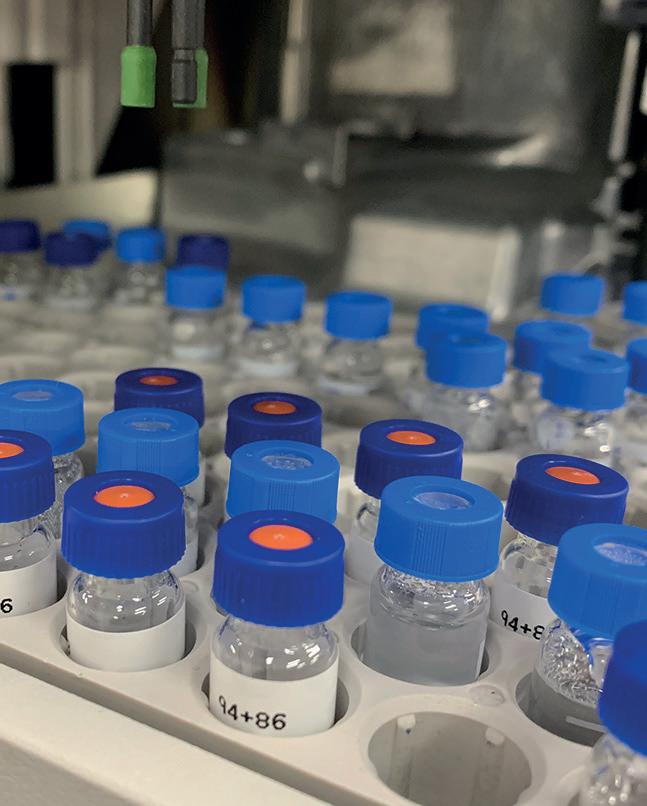
1 minute read
AWARDS
The Future BRH’s vision unites an interdisciplinary team of world experts from leading academic research institutes and Innovation Spokes to address major biomanufacturing challenges.
The delivery of transformative bio-based manufacturing solutions will support the UK Industrial Strategy for sustainable growth of a world leading UK bio-economy and development of a low-carbon, low waste, circular economy with societal benefits.
Advertisement
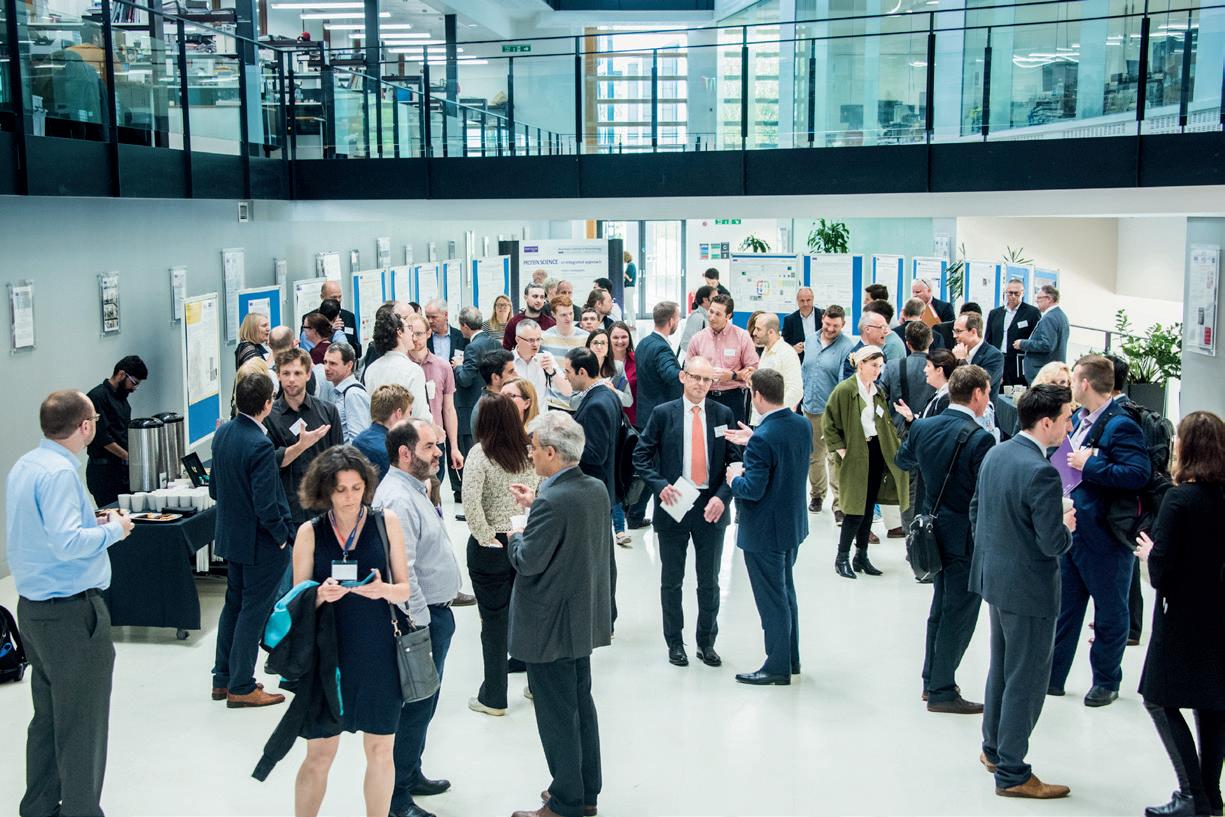
Major impacts that the Future BRH aims to achieve include:
� NEW KNOWLEDGE AND TECHNICAL INNOVATION By connecting the UK's leading research centres with real world industrial challenges, the Future BRH is accelerating delivery of economically attractive, robust and scalable biomanufacturing processes to meet societal and commercial demand.
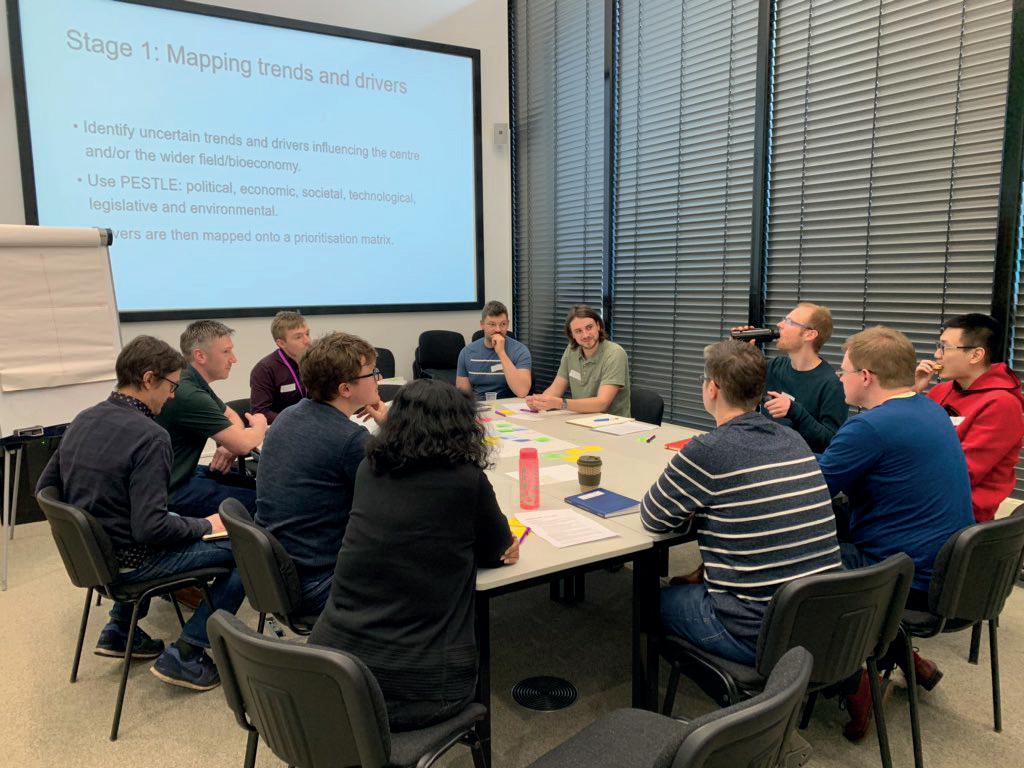
� ECONOMIC BENEFITS The Future BRH is connecting academic discoveries with the industrial challenges of scale-up and integration to drive commercial viability. As a result the Future BRH will catalyse the industrialisation of biology to disrupt manufacturing bottlenecks, deliver broader applications and provide the required step-change in biomanufacturing capabilities. This will drive sustainable and clean manufacturing that will build a high value bioeconomy.
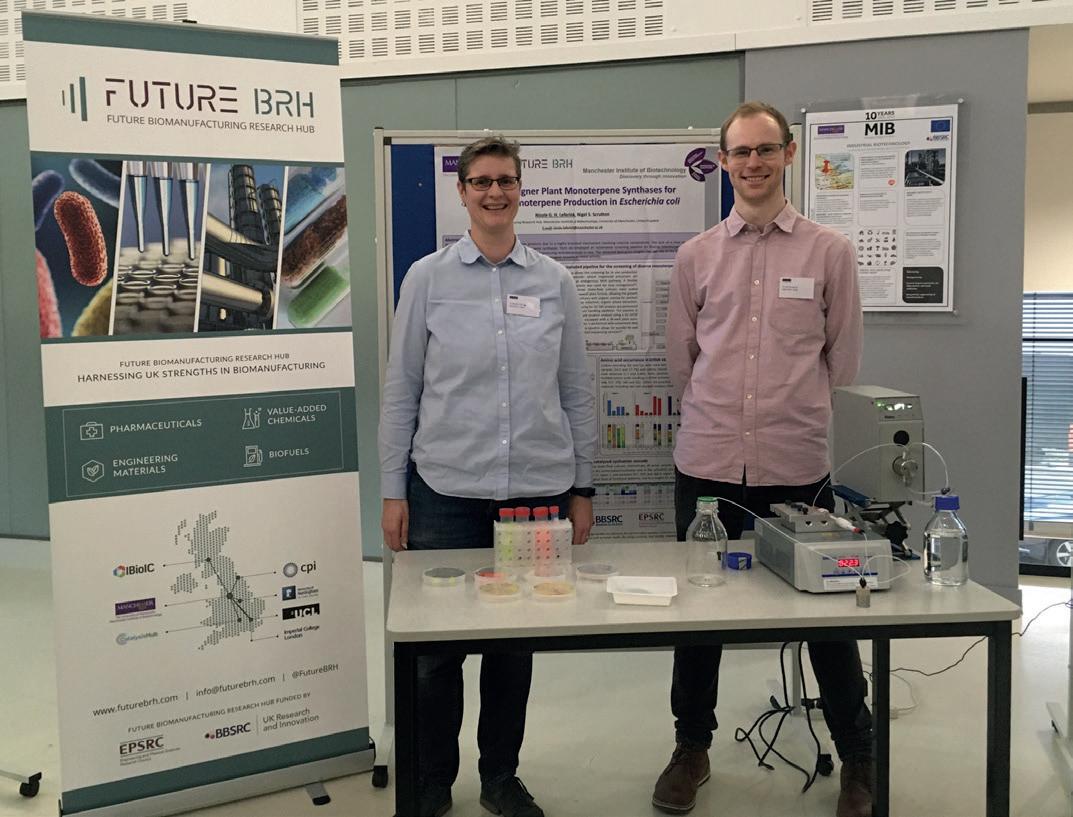
� SOCIETAL WELL-BEING A major impact of the Future BRH is to inspire and train the next generation of leaders in this field, address skill-gaps and re-skill the scientific and engineering workforce with a positive impact on UK high value jobs and investment.
During the first year Future BRH members have presented at the Northern Powerhouse Conference in Leeds and hosted several ministerial visits including the Launch of the Northern Industrial Strategy in June 2019.
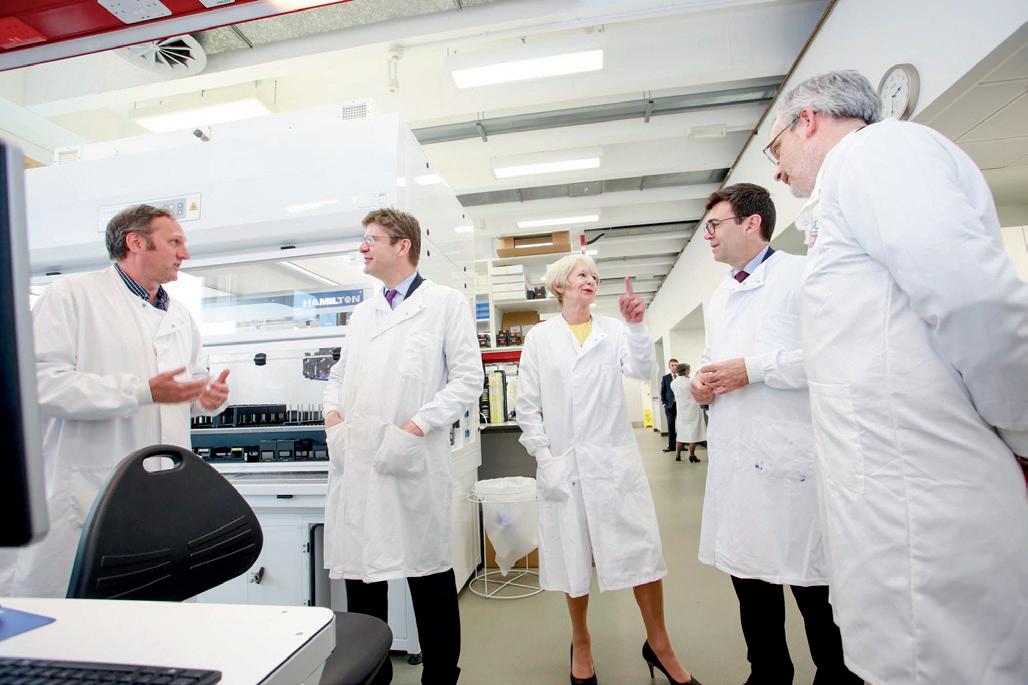
The Future BRH has co-hosted a SynBiCITE 4-day More Business Acumen (MBA) course “Building a Synthetic Biology-rich Biotech Business from Scratch”, and hosted public engagement events to more than 900 members of the public.

Early workshops with industry highlighted perceived difficulties of working across disciplines and accessing new emerging technologies for novel manufacturing applications. Dedicated funds are supporting researcher secondments with academic/industrial partners to foster knowledge transfer and allow increased awareness and understanding of manufacturing supply chain challenges.



